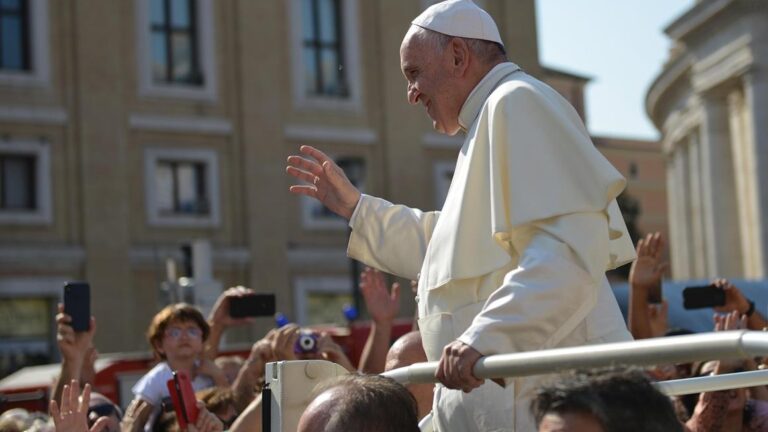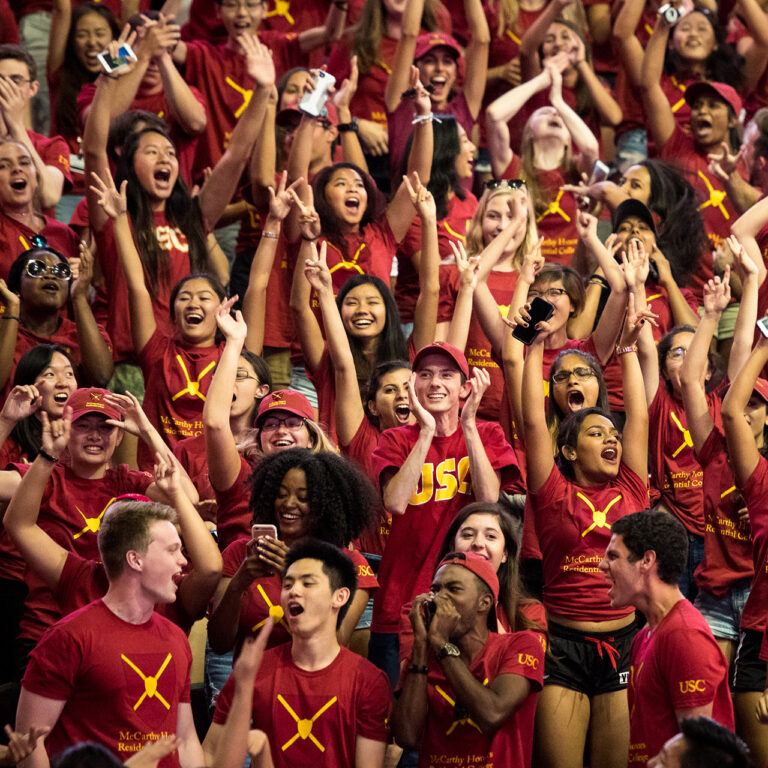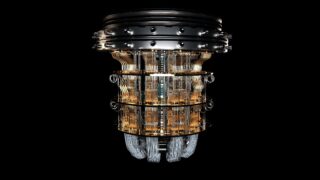
Source Alert
As the world mourns Pope Francis, USC scholars offer insight on the history and future of the papacy
As cardinals from around the world gather in Rome to honor Pope Francis’ legacy and prepare for the upcoming conclave, USC scholars are available to provide expert commentary on the history and significance of the papacy, the Vatican’s role in global affairs and the intricate process of electing a new pope.
USC experts can also share insights into Pope Francis’ lasting impact on the Roman Catholic Church, including his focus on humility, social justice and environmental stewardship.
Contact: Nina Raffio, raffio@usc.edu or (213) 442-8464; USC Media Relations, uscnews@usc.edu or (213) 740-2215
Why Pope Francis took his name – and a stand on climate
“Pope Francis brought fresh energy and a warm human touch to the papacy when he was named Holy Father in 2013. In his first act as Pope, he chose the name ‘Francis’ for its symbolic evocation of a humble and creation-centered saint, perhaps the most famous of all Christian saints,” said Richard Wood, president of the Institute for Advanced Catholic Studies at the USC Dornsife College of Letters, Arts and Sciences.
“His first major public statements confirmed and deepened that impression: First, in Laudato Si’: On Care for our Common Home, he drew on solid environmental science to place humanity fully within the ecological systems of the web of life on earth, issuing a theologically grounded call for full human efforts to address climate change.”
Contact: woodrich@usc.edu
###
Additional Experts
David Albertson is an expert on the history of Christian thought in medieval and early modern Europe, specifically how Christian ideas evolved in Europe between 1100 and 1700, with a focus on how theology was influenced by modes of knowledge including philosophy, science and the arts.
Albertson is an associate professor of religion at USC Dornsife.
Contact: dalberts@usc.edu
###
Lisa Bitel studies the social, cultural and religious history of medieval Europe, including the history of Christianity. She is currently researching a book on religious change and the supernatural in pre-modern Europe.
Bitel is a dean’s professor of religion and professor of history at USC Dornsife.
Contact: bitel@usc.edu
###
Cavan Concannon is an expert in early Christianity, the New Testament, and the intersection of religion and politics. His work also explores the historical Jesus, Pauline studies, ancient Greek and Roman archaeology, and religious theory and philosophy.
Concannon is the John R. Tansey Chair in Christian Ethics and a professor of religion and classics at USC Dornsife.
Contact: concanno@usc.edu
###
Diane Winston is a national authority on religion and the media as both a Pulitzer Prize-winning journalist and a scholar. Her expertise includes religion, politics and the news media as well as religion and the entertainment media.
Winston is a professor of journalism and communication and the Knight Center Chair in Media and Religion at the USC Annenberg School for Communication and Journalism.
Contact: dianewin@usc.edu
###
(Photo/Pixabay)


